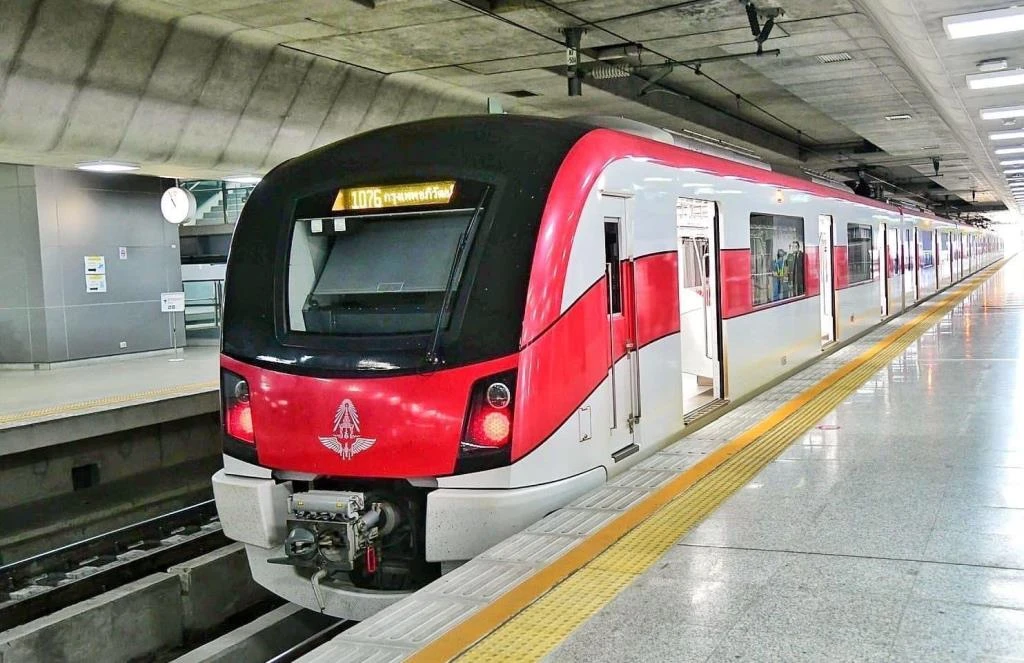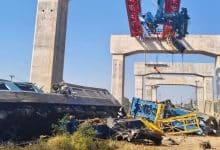Thailand plans 20-baht flat fee for electric rail, 8 billion baht budget

The Transport Ministry has announced plans to allocate an annual budget of 8 billion baht to support a 20-baht flat fee policy for all electric rail services in Bangkok.
Transport Minister Suriya Jungrungreangkit stated that a dedicated team will be formed to expedite the policy’s implementation, aiming to cap the maximum fare for all electric rail services in Bangkok and its surrounding areas at 20 baht by September 2025. This initiative is designed to alleviate the public’s cost of living.
Since October 16 last year, the ministry has piloted the scheme on two lines: the Red Line commuter trains on the Bang Sue-Rangsit and Bang Sue-Taling Chan sections, and the MRT Purple Line on the Tao Poon-Bang Yai section. Both lines have experienced a steady increase in passenger numbers.
Suriya mentioned that having a specific team to monitor and follow up on the details will facilitate the work, including advancing a draft law on a joint-ticketing system and securing funds to support it. This is expected to accelerate the policy’s progress.
“The joint-ticketing system, in particular, must be implemented by September next year to support the policy and reduce limitations from existing concession contracts,” he said.
Currently, the progress of the draft law may be delayed by about a month due to the change in government. The law requires time to come into effect as it undergoes several processes, including a legal review by the Council of State. It is estimated that this review will take four months, so Suriya has requested that the process be expedited to meet the target date.
Additionally, the draft will need approval from the new Cabinet and both the House of Representatives and the Senate before being submitted for royal endorsement and enforcement.
Suriya expressed confidence that the 20-baht flat fee could be implemented by next September, as previously announced.
According to the Department of Rail Transport, this policy demands approximately 8 billion baht (US$238 million) per year or a total of 16 billion baht (US$476 million) within the remaining two years of the government’s term. Initially, funding will come from the income share of the MRT Blue Line, which amounts to about 15 billion baht (US$446 million), reported Bangkok Post.
Its operator, the Mass Rapid Transit Authority of Thailand, has agreed. Suriya also mentioned that additional funds will be sought from other sources, including the Energy Conservation Fund.
Latest Thailand News
Follow The Thaiger on Google News:


























